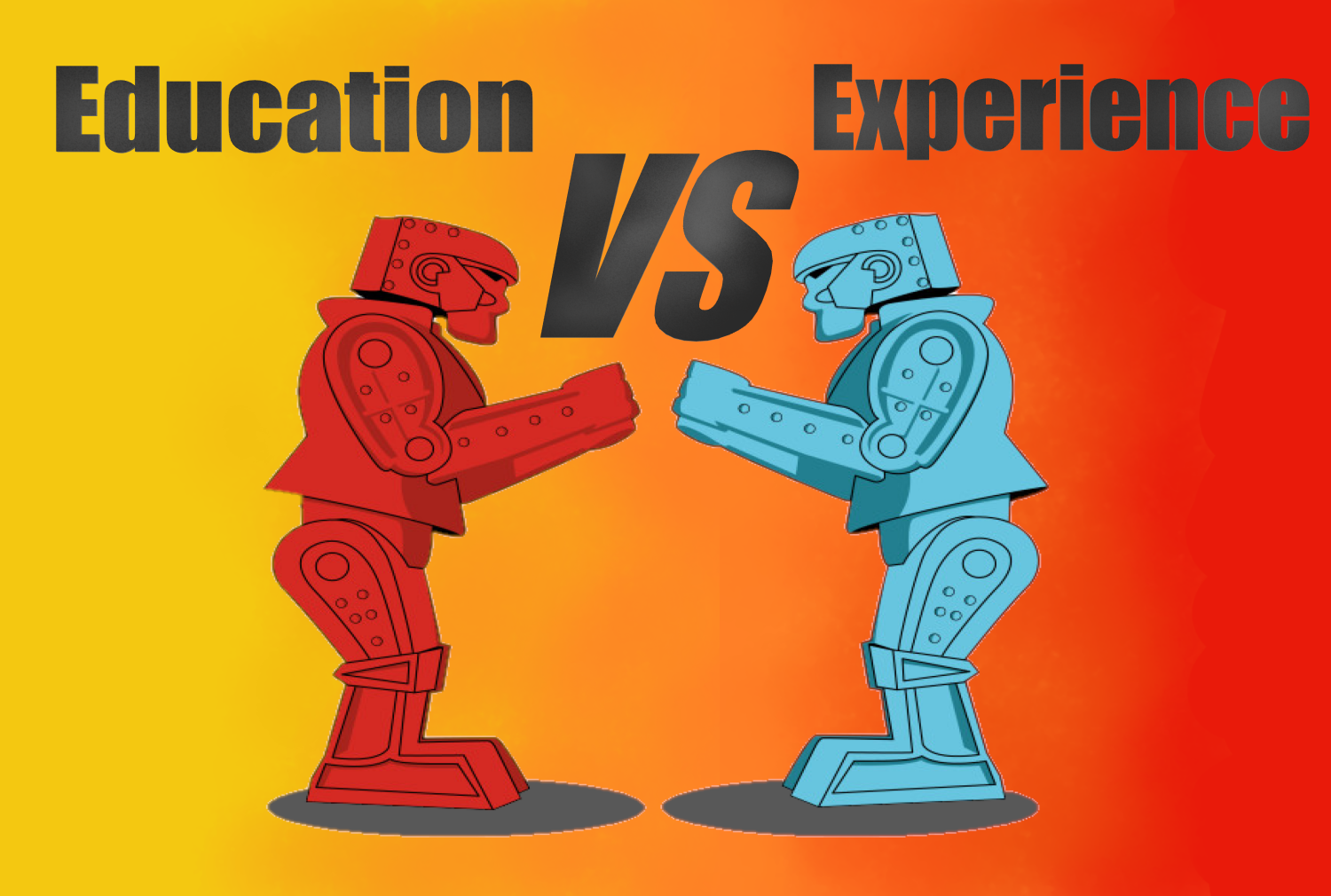The Singapore’s economy is plunging into a technical recession this year. Some of the contributing factors are the aftermath of the United States election results, poor global growth and the rising market’s instability. As companies begin hiring again in the wake of the global economic downturn, it is crucial to keep an eye on the development of their workforce capabilities for the future. Relinquishment in human capital will be increasingly critical for economies to capitalise on the next wave of growth and ensure the continuous creation of employment opportunities.
Organisational restructuring in this period will create new areas of growth that requires the workforce to re-skill and upgrade to increase and develop deeper or more complex skill sets in their profession. The best career strategy a person can follow is to grow and reach further heights with his or her job. Viewing yourself as “valued employee” but if your skills remain stagnant and morbid, losing your job will be the least of your concerns.
One of the major challenges of a company is to maintain the workforce skill development. This means looking at ways to attract and retain skilled staff. While skill retention is essential, the bigger challenge lies in re-skilling your employees on the constant and continuous basis. Up-skilling and re-skilling is crucial to ensure adaptability and effectiveness in unpredictable times. So how do we ensure the workforce is adequately skilled and re-skilled?
“It’s never too late” and “Nothing lasts forever”. I’m sure you’ve heard of these two proverbs. These proverbs sum up the importance of knowledge sharing from individuals to those below them in the succession chain. Employment longevity is no longer an attribute in the average person’s work history. Through re-skilling, companies can ensure that they have people ready to fill opening positions. Some of the effective measures to ensure this succession plan carries on is through training and mentoring.
A mentor helps employees develop new skills and improve their current skills set. The process of mentoring involves coaching, listening, advising, and maintaining a relationship with an employee who is have lesser experiences than the mentor. While the organisation provides the required structure and resources, it is crucial that the employee also shows initiative and drive during the process. Understanding what the job requirements and acceptance to growth ideas from peers and seniors helps both the individual and the organisation.
Whatever your role in a business environment, always venture and tap into the knowledge base of people who have walked similar or same paths you are going through. Don’t miss out on opportunities for professional growth and advancement.
The businesses in today’s competitive environment are learning to cope with the talent crunch. It is essential to fully utilise the existing human capital in the most efficient and beneficial way while grasping the knowledge base within an organisation through learning and skills enhancement programs.














